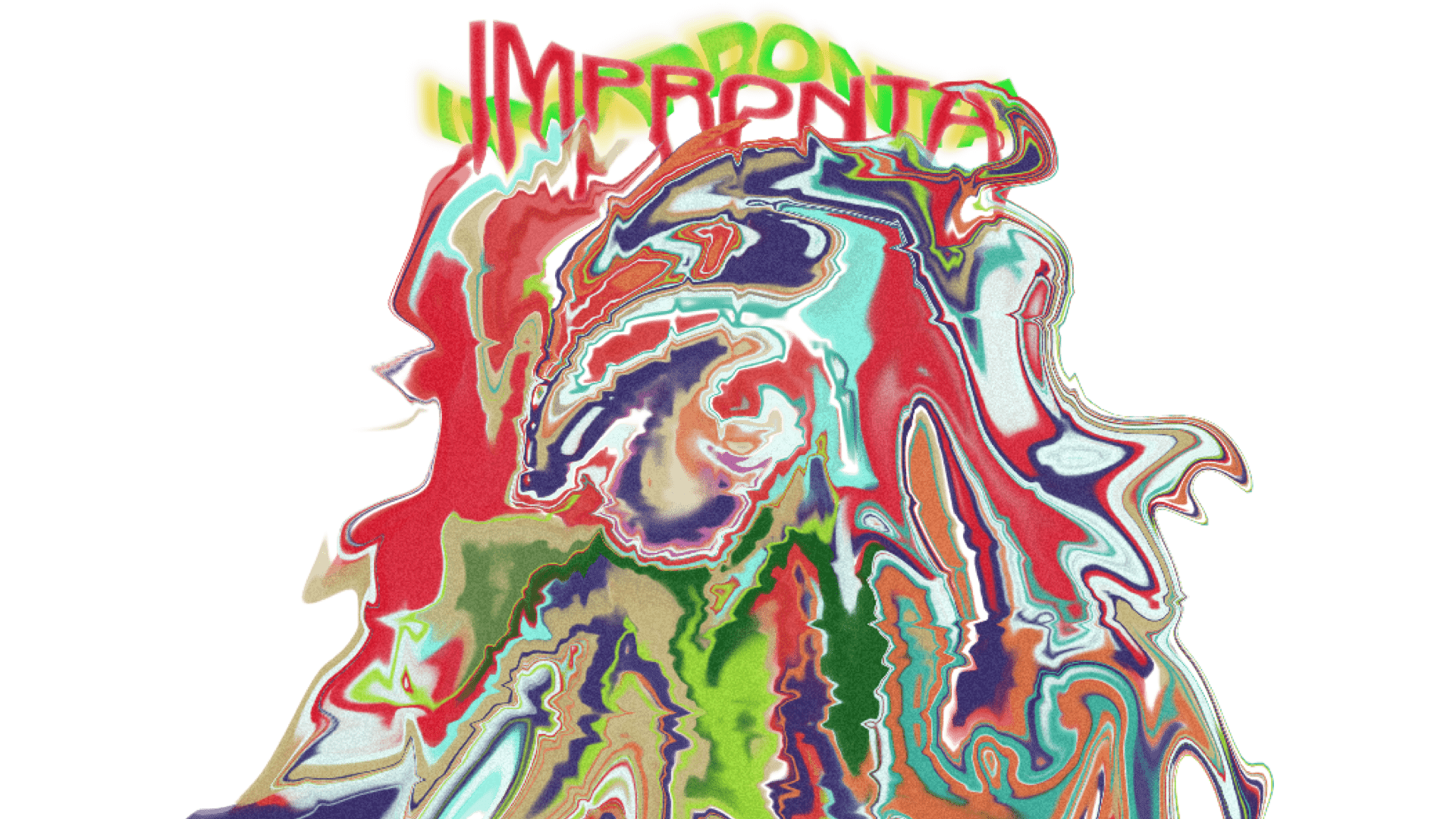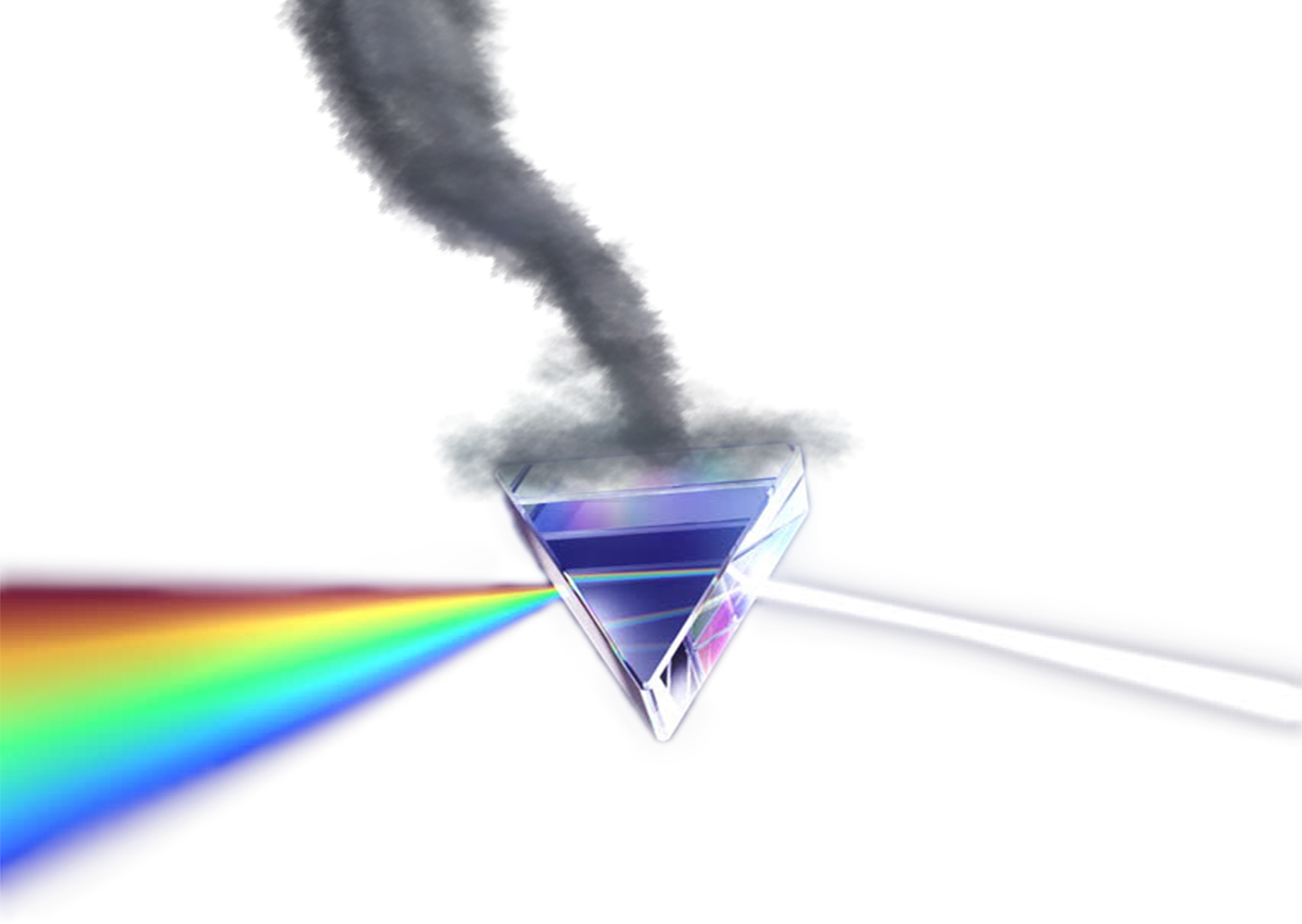
Reality is fluid.
It is not certain, it is not unique: it is chaos.
the two principles
Reality cannot be harnessed, it is not unique and it is constantly changing. It can change substantially from one day to the next, it is liquid chaos, as we have experienced with the arrival of COVID-19.
This fickleness has always frightened us.
When we do not control a situation directly and do not know how it will evolve, we often feel a state of anxiety derived from the unpredictability of the events that await us. To combat the petrifying feeling of the indefinite and the unexpected, we have begun to categorize and classify everything in the reality we inhabit. By doing so we have created a world that we can (partially) manage, and this comforts us incredibly, relieving the sense of anguish.
How did we manage this?
Over the millennia, we have developed a very powerful tool: Reason. Thanks to the rationality that distinguishes man from all other animals, we have started a process of endless classification of reality.
This titanic operation was based on two principles:
1. Principle of non-contradiction
What allows us to say that, for example, a cup is just a cup and nothing else. Therefore, we can make sure to fill it with coffee and not try to eat it, knowing that it is nothing else.
2. Principle of causality
All the laws that we have built over time by observing the world around us, through deduction. For example, we know that if we touch a flame, we get burned.
So, following these two principles, humanity has set to work to define all knowledge, giving our version of reality. With time, an invisible law was established, which implies that everything that is not inscribed in the boundaries of the defined reality simply does not exist, it is madness. Hence we decided to look at the world through a specific lens, that of Technic. That is, the one that embodied to the fullest the values of the world we have been building, a world governed by the most rigorous reason so as to give each entity its classification.
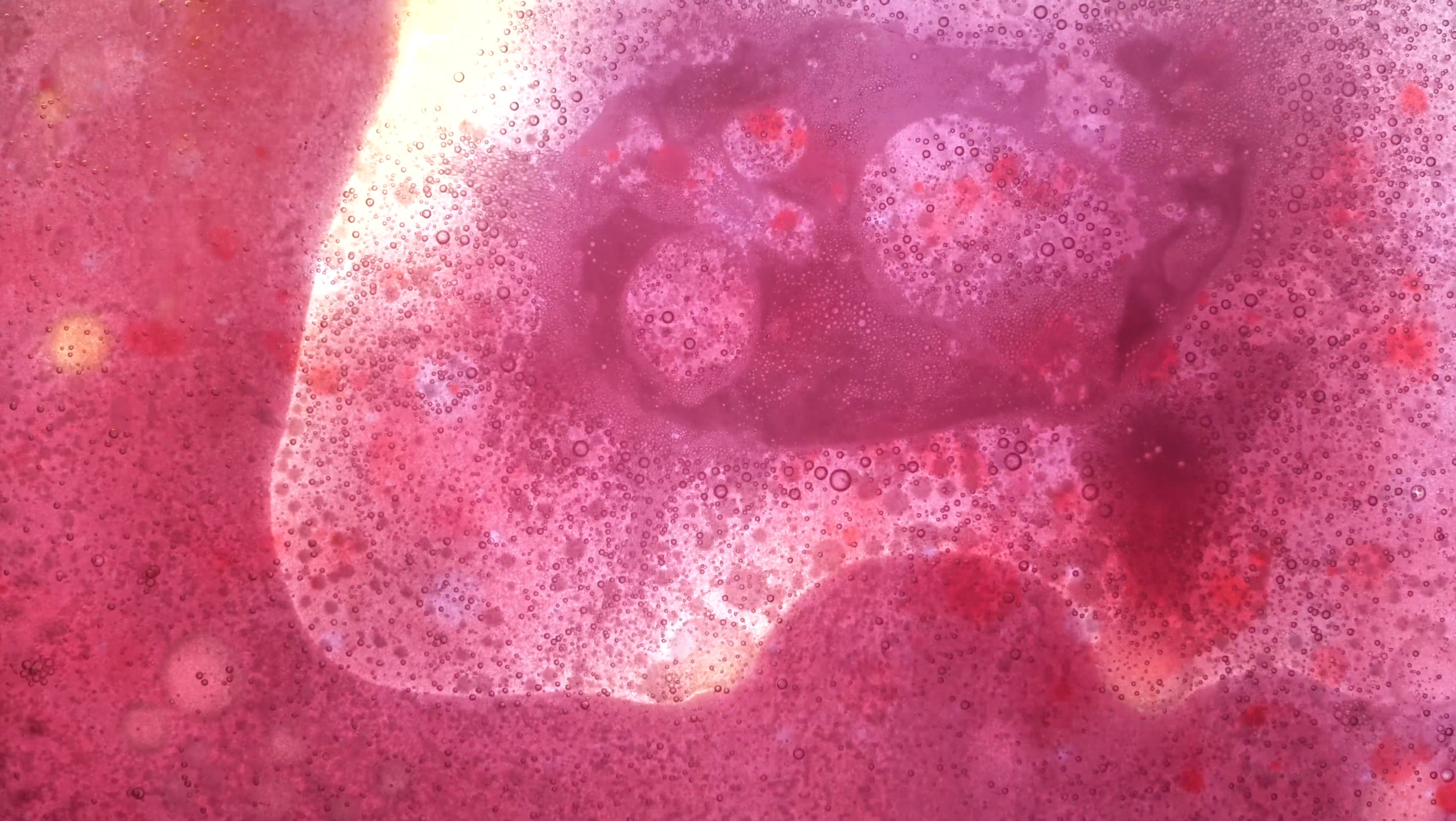
what is Technic
It is the highest form of rationality attainable by mankind.
It is the instrument that humanity has developed for our own survival: not possessing any natural attributes to survive in the world, we have adapted the world to ourselves.
To give a very clear example: if we were to take a human child and a fawn and leave them in the woods, without any help, the little deer would survive, the baby would not.
Consequently, in the reality we have painted for ourselves, the nature of man, which is seen as fallacious, slow and emotional, is a problem to be solved. In a world that reasons exclusively to reach the highest levels of production and consumption, there is no room for weakness and fragility.
So we felt the need to overcome the human dimension, which to date barely fits the new ideals we have set for ourselves.
And Technic is what perfectly embodies this mentality, allowing mankind to act directly on our genome, bio-engineering life and acting as a resolving force to all these problems. Bingo.
Thus, by adopting Technic as the ruling principle of everything, Existence and Essence are replaced by Speed and Efficiency. The most valuable principles end up being all about performance. “Denken als rechnen” (M. Heidegger) Thinking reduced to calculation: that is how we evaluate reality. We maintain relationships only if they are useful, we make decisions based on how much we might gain, and actions are best done in the shortest possible time and with the least possible effort: we judge solely based on profit. We therefore assume a criterion of maximum rationality in place of human coexistence. But mankind cannot be reduced to a rational form: we are much more.
We have allowed our minds to be shaped by a system that is increasingly more governed by a merely self-powering Technic, in the name of continuous Growth, of modernization and Progress. So for years the alleged neutrality of Technic (Gilbert Simondon, Sur la technique) has concealed the farce of capitalism to our eyes, thus enslaving us to the consumerist spiral.
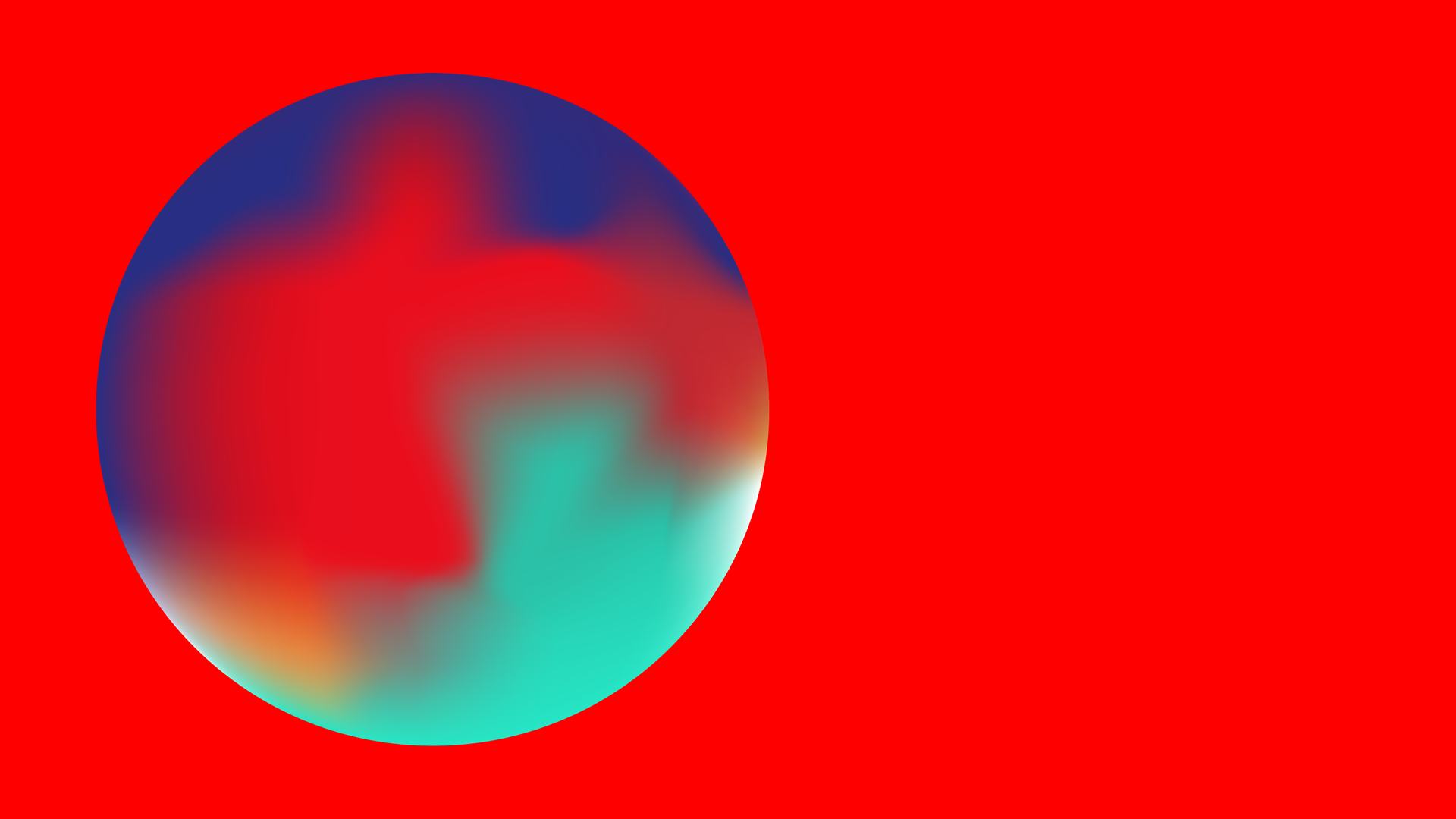
having has surpassed being
so we consume reality itself
For some time now, we have replaced being with having. We often unconsciously tend to focus on having photos of a certain experience we live, rather than living it intensely in the moment.
In der welt sein has become In der welt haben (Being and time, M. Heidegger).
The act of consuming, of having the world rather than being in the world, of absorbing reality, is now a universal practice. To consume means to bring all things to nothingness in the shortest possible time.
But nothingness is not an interesting goal, as U. Galimberti tells us. We are moulding our minds into nothingness as well, gotten by the consumerist hysteria: “Humanity, which treats the world as a world to use and then throw in the trash, also treats its own kind as humanity to use and then throw in the trash” G. Anders.
Mankind itself risks being the cause of its own exit from history.

The last revolution left pending is that
of the imaginary:
we must be able to imagine what world
and society we want to live in, and if we want to be citizens or consumers.
— Luis Sepulveda
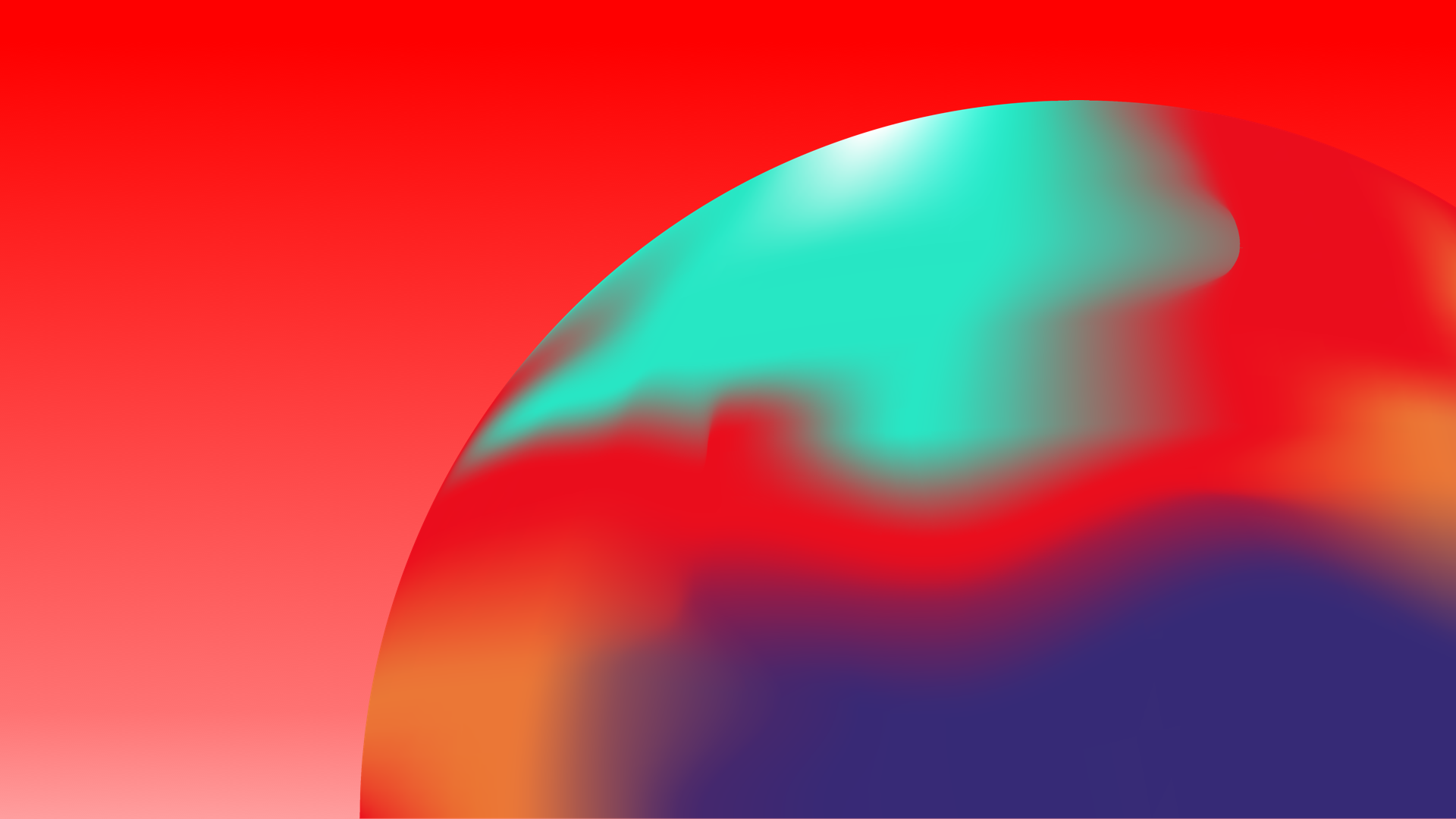
Sepúlveda was probably referring to the kind of consumption described, to which he opposes revolution and imagination in his sentence. Two forces that, if operated to the maximum of their meaning, are able to indelibly subvert the world, changing its logic and overturning its reality. And this is precisely the ground on which, according to the poet, the game will be played.
The challenge is to abandon the attitude of consumption and become citizens, i.e. to contribute harmoniously to the solidity of the social network, doing one’s part in a responsible, collaborative and integral way within society.
Therefore humans must not isolate themselves, not deny their communities and successes achieved to date, but “mit Sein”, be with others.
They must use the means derived from progress, without letting themselves be dominated, creating a social network that generates well-being for humanity and other species, in harmony with the world that they inhabit. For this reason in the first place we must learn to be stable as individual entities. It is fundamental to acquire a solid knowledge of oneself, which can only be achieved with time, through a process that inevitably involves failures, attempts, victories and defeats. The very time that we seem to consume so greedily and never seem to have enough of.
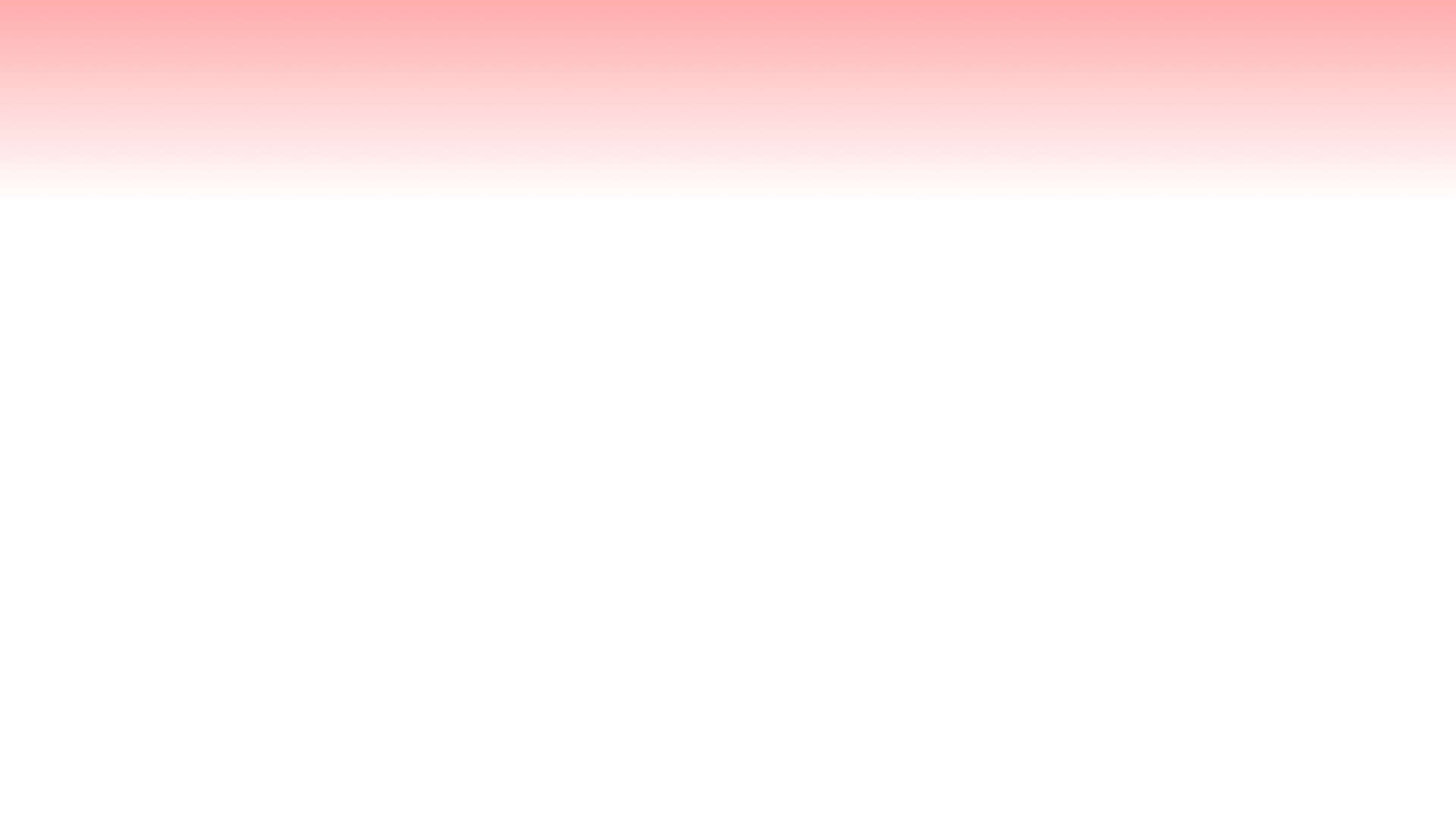
how do we go back to Being?
happiness in the net
Referring to Fromm’s quote seen in TODAY, we realize how two opposing forces exist, even within us. One pushing towards earning time for ourselves and the other us to squander it at the same time, letting it be cannibalized by the billions of distractions we surround ourselves with.
This dynamic often leads us to not taking advantage of that precious time we should dedicate to ourselves. Not in an egotistic way, but precisely to cultivate our person to allow that stability that makes us take the right direction and brings us closer to Being who we are.
We must know ourselves, understand our limits, embrace our nature, take care of our self, water and prune when necessary. This inevitably requires time, our most important resource. The only truly non-renewable one. So this game must be played every day, through the realization of our own δαίμων, i.e. the spirit that resides in us, our character, our natural predisposition. Only then we can access serenity and direct our internal currents, also learning how to capture real moments of happiness. Happiness is not a fixed state to be reached, but rather a moment we can learn to identify and enjoy, if we are able to do so. A solid state of happiness never comes from Having, but rather from Being in a given situation.
It is clear how all of this is far from the “happiness” imposed by the consumerist reality we have built for ourselves, which only offers the immediate extinction of ephemeral pleasures (or whims).
By only following the mere satisfaction of pleasures, we end up not knowing ourselves, not knowing what really makes us happy. And then that infamous feeling of disorientation returns, when we no longer understand what surrounds us and who we are, where we activate the logical principles. We become strangers in our own world and in our own bodies. But as previously said, we are not capable of being strangers, of not being able to predict. It is a state of being that makes us deeply uneasy. Thus, both a personal and a social crisis is outlined in a single moment.
So we must quickly abandon this pattern. Surely, however, mankind is not quick to process reality, but we immediately need to build a bridge to a new world, letting this one go out, celebrating its end.
We must think of it as ruins, leaving a story to those who will come later, an imprint that they can identify. Not one as toxic as climate change, but useful and positive, grasping what Federico Campagna calls the prophetic dimension for a new beginning.
